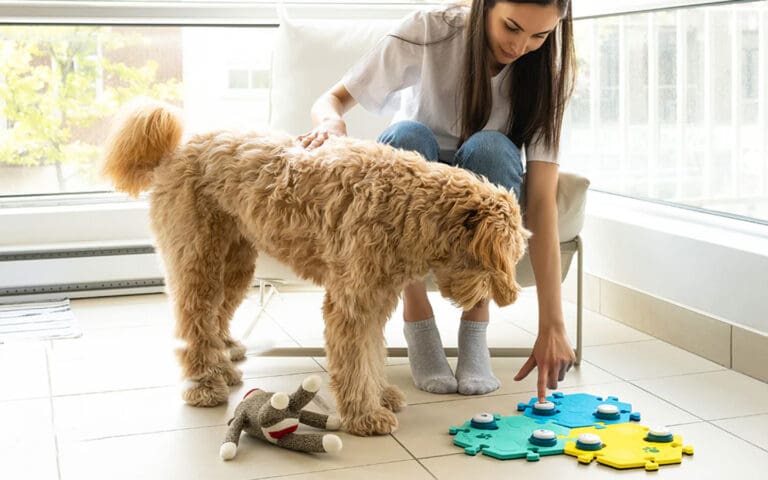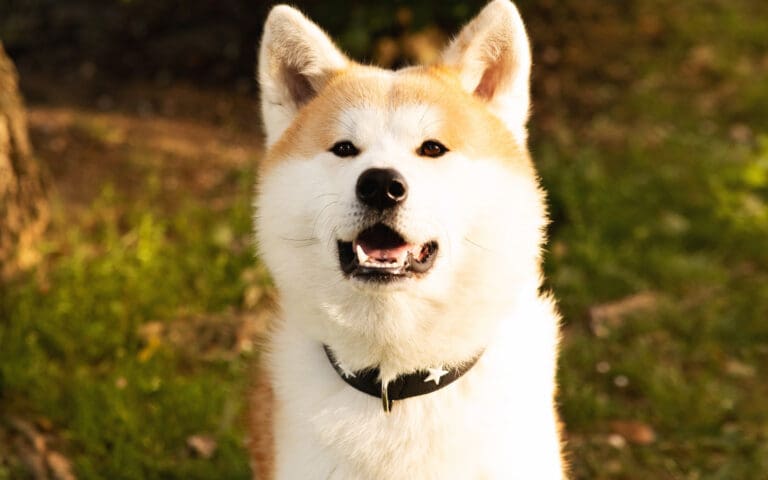If you’ve got a pregnant dog, you might be wondering what you need to do differently to help care for her. Here are a few handy tips to help a mother dog who’s about to have a litter of puppies.
Are Puppies the Right Call?
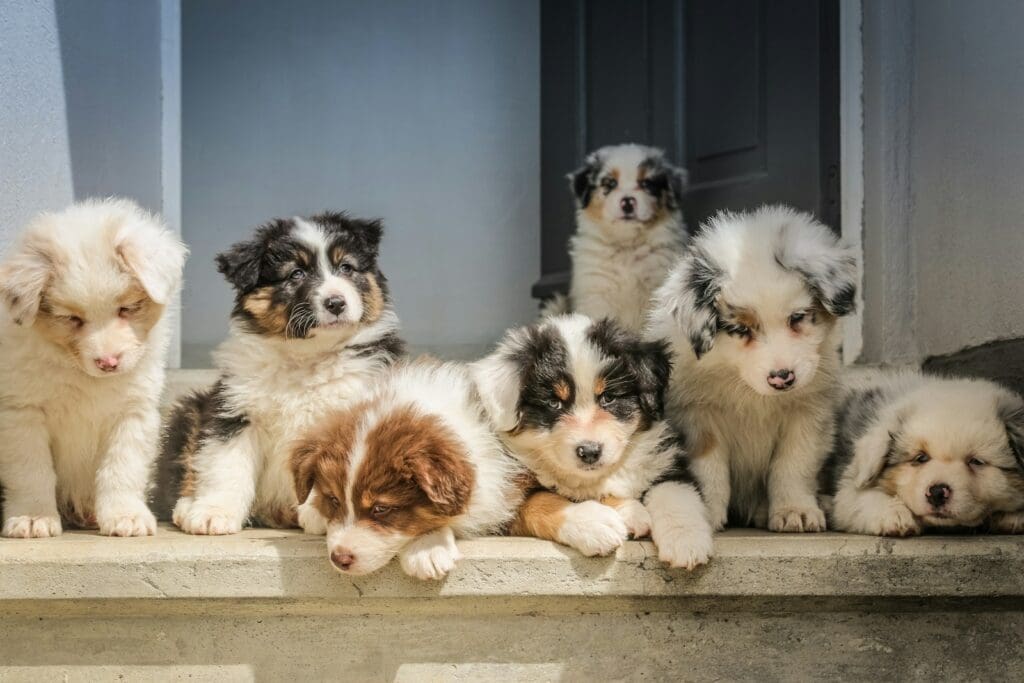
Before you purposefully breed your dog, make sure you’re doing an ethically responsible thing. Breeding dogs just for the sake of making a quick buck is morally repugnant and no self-respecting dog owner should do so. If you’re a responsible owner who just wants to take care of puppies, read on.
Vet Visit
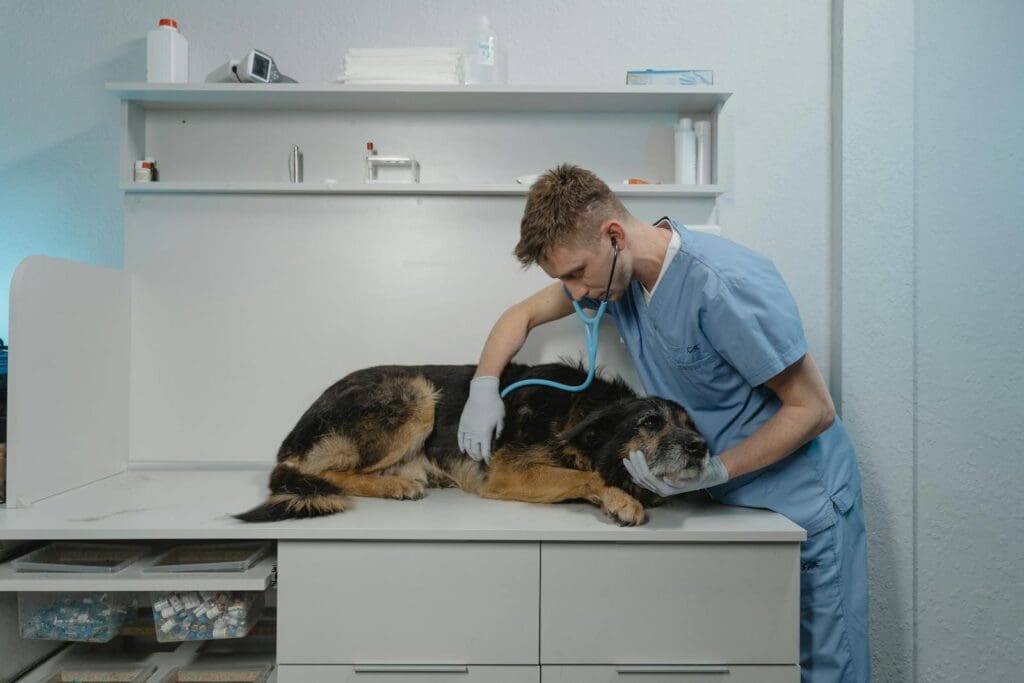
Before you allow your dog to become pregnant, visit the vet and get her a check-up. They can make sure she’s up to date on all her vaccines and free of any parasites. This will help keep both the mother and the puppies safe throughout the pregnancy and birth.
Confirming Pregnancy
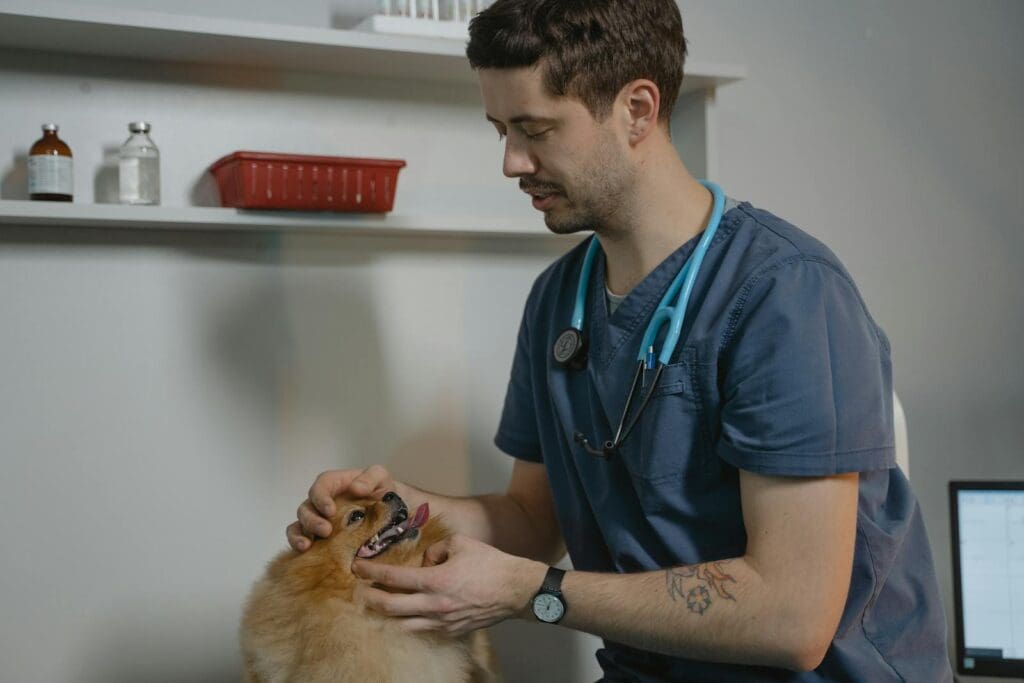
Once your dog has had a chance to breed, you’ll want to confirm that she’s pregnant by returning to the vet. They can look for the signs that your dog is expecting a litter of puppies. Make sure you visit the vet often while your dog is pregnant so they can keep an eye out for any health issues or complications.
Diet and Exercise
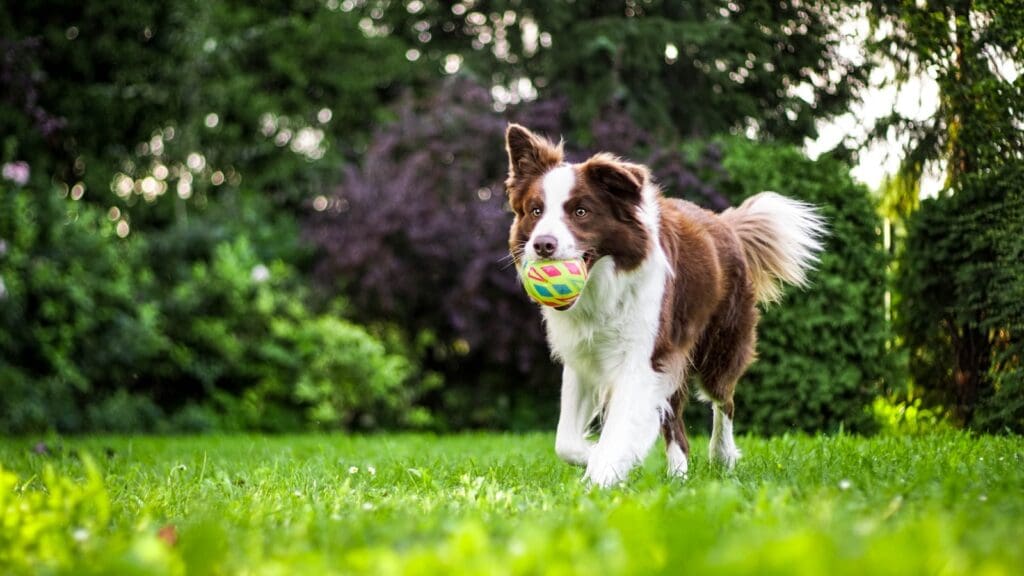
You might be tempted to allow your dog to just laze around for the duration of the pregnancy. However, she still needs exercise even while expecting. Also, be sure that she gets plenty of puppy chow! Puppy food has more nutrients and calories which helps her support the litter.
Preparing for Birth

Dog pregnancies last an average of 58-68 days. A few weeks before you dog goes into labor, set up a whelping box for her. You can find these for sale online or you can look into a do-it-yourself guide to make one at home.
During Labor

Dogs are pretty good at navigating birth by themselves, but it’s good to know what to look out for when labor begins. When your dog starts looking for a place to “nest,” it’s almost time for the puppies to arrive. Stick close and keep an eye out for complications. Things will usually go fine without any interference from you.
Signs of Complication

In some rare cases, there might be a birth complication. If your dog takes more than two hours between birthing puppies, is shaking or showing signs of exhaustion, or has had a puppy in the birthing canal for more than an hour, you should call your vet.
Caring for the Mom After
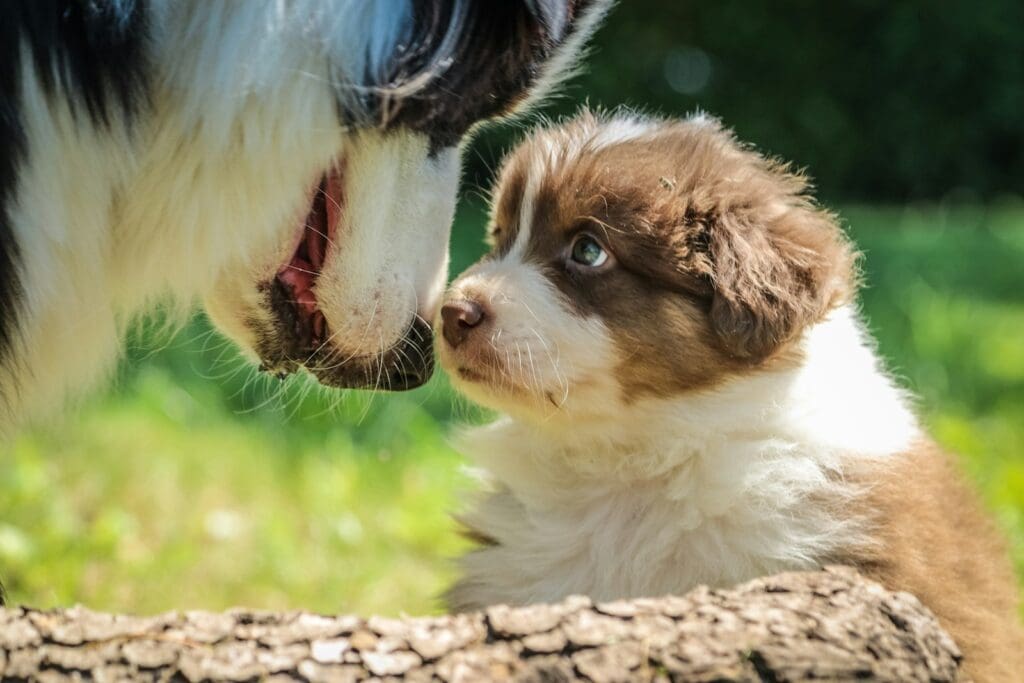
The best thing you can do for a new dog mom is give her some space. Just keep the whelping box clean so the mother and puppies don’t get sick. Don’t be surprised if the mother dog is snappy around her babies. She’s supposed to be protective!
Read More: 10 Tips to Stop Puppy Biting
Caring for Puppies
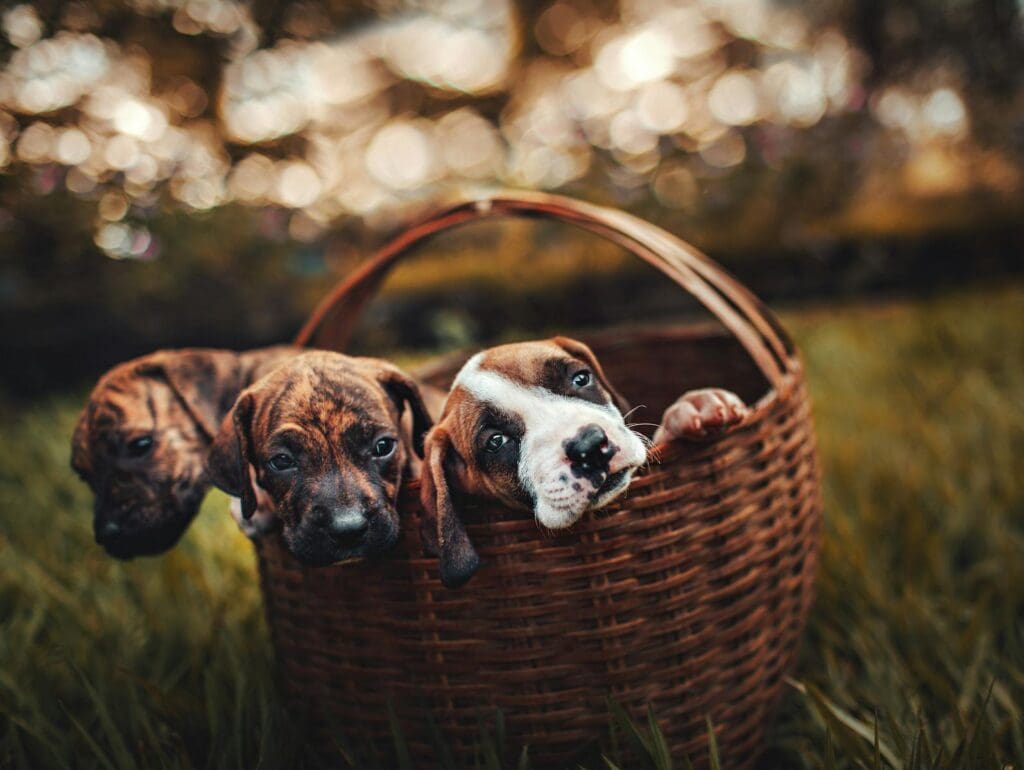
Make sure the puppies are well-fed early on by keeping the mom’s food bowl topped with puppy chow. This lets her keep up with nursing! As the puppies grow, start transitioning them off milk and onto wet food. By seven to eight weeks, the puppies should be on dry puppy food exclusively.
Read More: New Puppy Housetraining Tips
What to Do With the Puppies

If your dog got pregnant unexpectedly and you’re not sure what to do with the puppies, don’t panic. You might not be able to take care of a full litter of puppies, but friends and family will likely want to take them! If not, rehome them responsibly. Don’t give them away for free: ask for a nominal fee to dissuade bad actors from adopting them and check up on them often so you know they’re alright.
Read More: 10 Things Every New Puppy Owner Should Do



